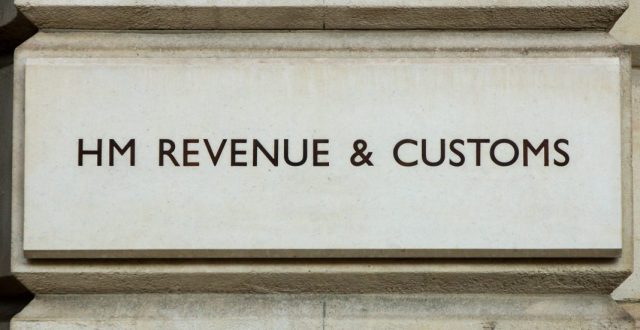Freelancers, contractors and other taxpayers who are required to file self-assessment tax returns are being warned that the usual January 31 filing deadline remains in place, following unsuccessful lobbying by professional bodies to relax the rules due to the covid-19 pandemic.
Anyone who can demonstrate that their tax return has been submitted late due to “coronavirus-related reasons” may however be able to get their late filing penalties waived.
The Low Incomes Tax Reform Group (LITRG) is urging people to complete their 2019-20 self-assessment tax return online by the deadline or risk a fine from HM Revenue & Customs. HMRC charge an automatic penalty of £100 for tax returns that miss the deadline, and the penalties increase the later the return.
The LITRG’s call for action comes after HMRC resisted requests from various professional bodies to either extend the January 31, 2021 deadline or not to charge the £100 penalty automatically this year, despite the pressures faced by some individuals and accountancy firms because of the pandemic. This means that 2019-20 tax returns must be completed online before January 31 to avoid the automatic £100 penalty.
The warning from the LITRG came as news emerged that as many as half of eligible individuals are yet to file their tax return. HMRC had received 6.6 million tax returns as of January 4, out of a total 12.1 million returns due to be filed before the January 31 deadline.
“Despite the continuing disruption to our daily lives caused by the coronavirus pandemic, it is vital that people understand the January 31 self-assessment deadline remains and act without delay,” said Victoria Todd, head of the LITRG team, which is an initiative of the Chartered Institute of Taxation (CIOT).
“There is still time to avoid a penalty if you are one of the millions of people yet to complete and submit a tax return online for 2019-20. If you have not yet registered for online filing, this process can take a few weeks so you will need to do it now.”
HMRC have said that they will accept pandemic-related disruption as grounds to appeal the penalty if that is the reason for the late filing. Taxpayers must appeal within three months of the penalty charge.
The deadline for payment of any tax due for 2019-20 also remains January 31, 2021. This includes any deferred payments on account which were originally due for payment on July 31. Taxpayers may also have to pay their first payment on account for 2020-21 on January 31. Taxpayers unable to settle these amounts in one payment can make a time-to-pay arrangement with HMRC to spread them across a longer period, but this is only possible after submitting one’s tax return.
“We know that people may be facing financial difficulties because of the pandemic,” continued Ms Todd. “If you think you might find it difficult to pay your tax bill, you must still try and submit your tax return so that you know how much tax you are due to pay. You may qualify for HMRC’s expanded online service, which allows you to pay your tax bill in instalments over a maximum of twelve months. If you do not qualify for this or need longer to pay, you should get in touch with HMRC as soon as possible.
“You may have started your tax return but are stuck with the tax treatment of a particular expense, unsure if parts are correct or even if you still need to file a tax return. There is guidance available from organisations such as LITRG and HMRC. If you are unable to finalise your return because you cannot obtain certain information, such as a figure for bank interest, consider filing a return with estimated or provisional figures to avoid a late-filing penalty being charged.
“Double-check that you have correctly submitted your return online once you have fully completed it. You may complete your tax return and print off a draft return and tax calculation but not realise that you also need to submit the return as the last step of the online process. You should get a submission receipt from HMRC once the process is completed if you have used HMRC’s online filing system correctly.”
The penalty for late filing increases to a daily penalty of £10 per day for up to a maximum of ninety days after three months, rising to five per cent of tax due or £300 if greater after six months.
12th January 2021.









